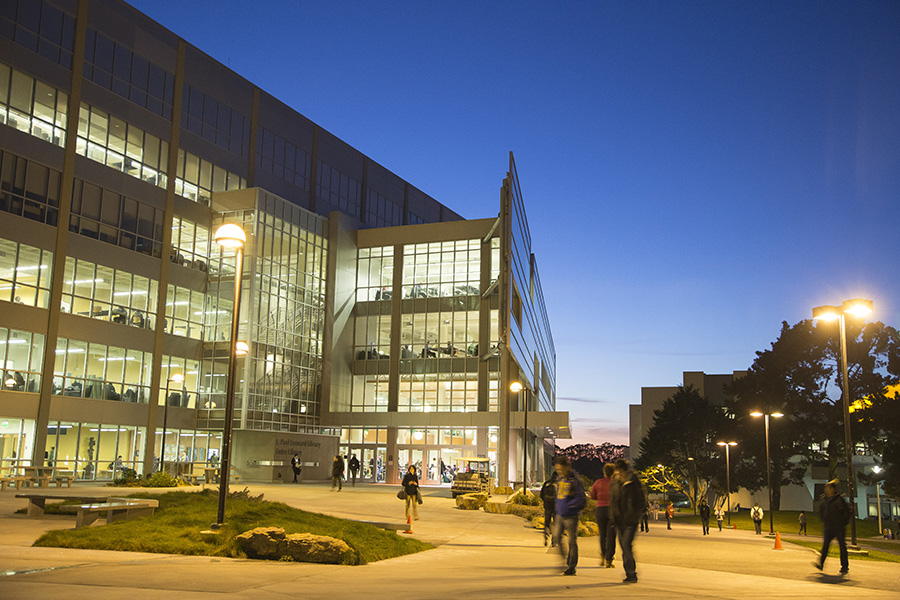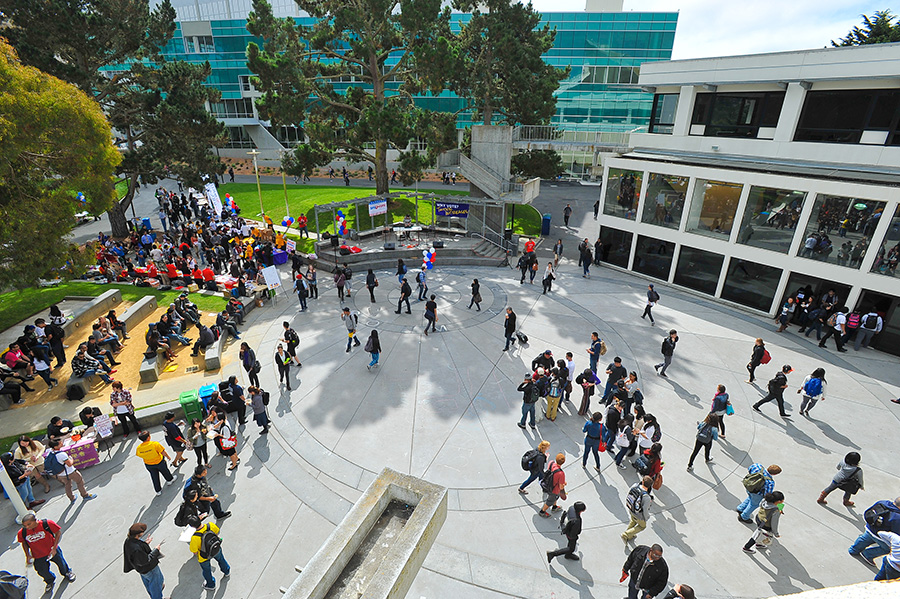College of Science & Engineering
Psychology is a broad field of study and practice comprised of several different yet complementary areas of specialization. The Bachelor of Arts in Psychology is built around a core set of courses in theory and methods plus three broad areas of study: basic psychological processes, individual differences in psychological development, social, cultural, organizational, and community contexts. Several themes of common interest extend across these broad areas including an appreciation for cultural and human diversity, ethics and values, a sense of individual empowerment, historical antecedents, critical thinking and the understanding of self and others.
Freshmen should be encouraged to believe they can be admitted to the major as juniors despite impaction if they follow advising guidelines provided by the department.
Access the list of the major requirements to better understand the structure of the major.
The roadmap puts all of your graduation requirements into an easy to follow semester by semester plan so you know what to take to stay on track. Whether you are a freshman or a transfer student, you'll be able to find a roadmap that best fits you.
Besides your major requirements, students must complete their GE and University requirements. Be sure to make sure you've completed all of these requirements for graduation.
To learn more about this major, check out the major department’s website below. You can also find out how you can access their faculty advisors who can assist you not just with course choices, but also answer questions about the field and discuss your career plans.
Department of Psychology
EP (Ethnic Studies & Psychology) Building, Room 301
Phone: (415) 338-2167
Email: psych@sfsu.edu
Website: https://psychology.sfsu.edu/
Chair: Chris Wright
Major Impaction
This major is currently impacted for the 2021-2022 Academic Year — if you were not admitted into this major when you were first accepted, then there will be a process for declaring this major in the future, potentially during your first semester of attendance and/or after completing major prerequisites. Click HERE to get more information about declaring into this major.
Freshmen Student Advising Information
After choosing “Basic Subjects” GE courses in Steps 1-3 of your Orientation process (if you haven’t done so, log onto your Orientation Profile page to follow the “Pre-Orientation Advising Module”), STEP 4 Choosing Major Classes will show you if there are any classes you can take to satisfy major requirements for your first and/or second semester.
Once you have determined your Roadmap above, review the first section below and write down any course recommendations based on your corresponding major roadmap on your Freshmen Class Planner worksheet.
First Semester Course Recommendations — Roadmaps A, B, C & D
|
Major Class & Title |
Units |
Other Requirement Area(s) Met |
|
No first semester classes available. |
|
|
|
If there are any course(s) listed above, please enter this information onto “Step 4” of your Freshmen Class Planner. |
Advisor Footnotes:
-
#1 Students should consider taking their A2, B4, and other GE requirements on their Freshmen Class Planner.
-
If any of the courses listed in this section are FULL by the time you are to enroll, consider choosing more General Education courses to build up your schedule.
-
There are no other alternate courses for this major.
-
If more units are needed, consider General Education courses from the areas suggested in the "GE Area Recommendations" section below.
Once you have made your course choices for Steps 1-4, you may already have between 12-15 units chosen for your first semester—about 4 to 5 classes.
If more units are needed, you will proceed to "Step 5 - Choosing GE Courses" from your Orientation Advising Module after considering the following recommendations...
|
GE Area |
Advisor Notes |
|
A1 Oral Communication |
Covered in “Step 3” on Class Planner |
|
A2 Written English Communication |
Covered in “Step 1” on Class Planner |
|
A3 Critical Thinking |
Covered in “Step 3” on Class Planner |
|
B1 Physical Science |
Consider taking a B3 Lab if chosen |
|
B2 Life Science |
Consider taking a B3 Lab if chosen |
|
B3 Laboratory Science |
Make sure this includes a LEC component if chosen |
|
B4 Quantitative Reasoning |
Covered in “Step 2” on Class Planner |
|
C1 Arts |
There are major courses for this area |
|
C2 Humanities |
There are major courses for this area |
|
D Social Sciences |
There are major courses for this area |
|
D US History |
There are major courses for this area |
|
E Lifelong Learning & Self-Development (LLD) |
Covered in “Step 1” on Class Planner |
|
F Ethnic Studies |
There are major courses for this area |
|
US/CA Government |
Choose any |
PSY 200
The undergraduate program provides a foundation of skills and knowledge for careers both outside and inside of psychology. Since most jobs require a well-developed sense of how people function, a degree in psychology is often a desired background for positions in both government and industry. Undergraduate work in psychology includes training to develop the abilities to analyze critically and to understand complex behaviors, to deal with interpersonal problems, and to use research tools.
The following are some careers that graduates with bachelor's degrees in psychology have entered.
Psychological Research and Development: data analysis assistant; educational research assistant; public opinion poll-taker; research assistant in mental health; research design technician; statistician; survey interviewer.
Mental Health and Social Services: alcohol treatment center assistant; child care program assistant; corrections counselor; counseling assistant; counselor, child/adolescent; crisis center counselor; drug abuse program assistant; psychiatric technician.
Business and Government: employment interviewer; human factors assistant; human resources manager; personnel analyst; psychometrist; public relations assistant.
Teaching: high school psychology instructor.
Transfer Student Advising Information
Please see the box above labeled “Major Curriculum/Roadmaps & GE/University Requirements” for information on what courses to take in your first semester at SF State. View our Frequently Asked Questions for Transfers for helpful tips and additional information.




